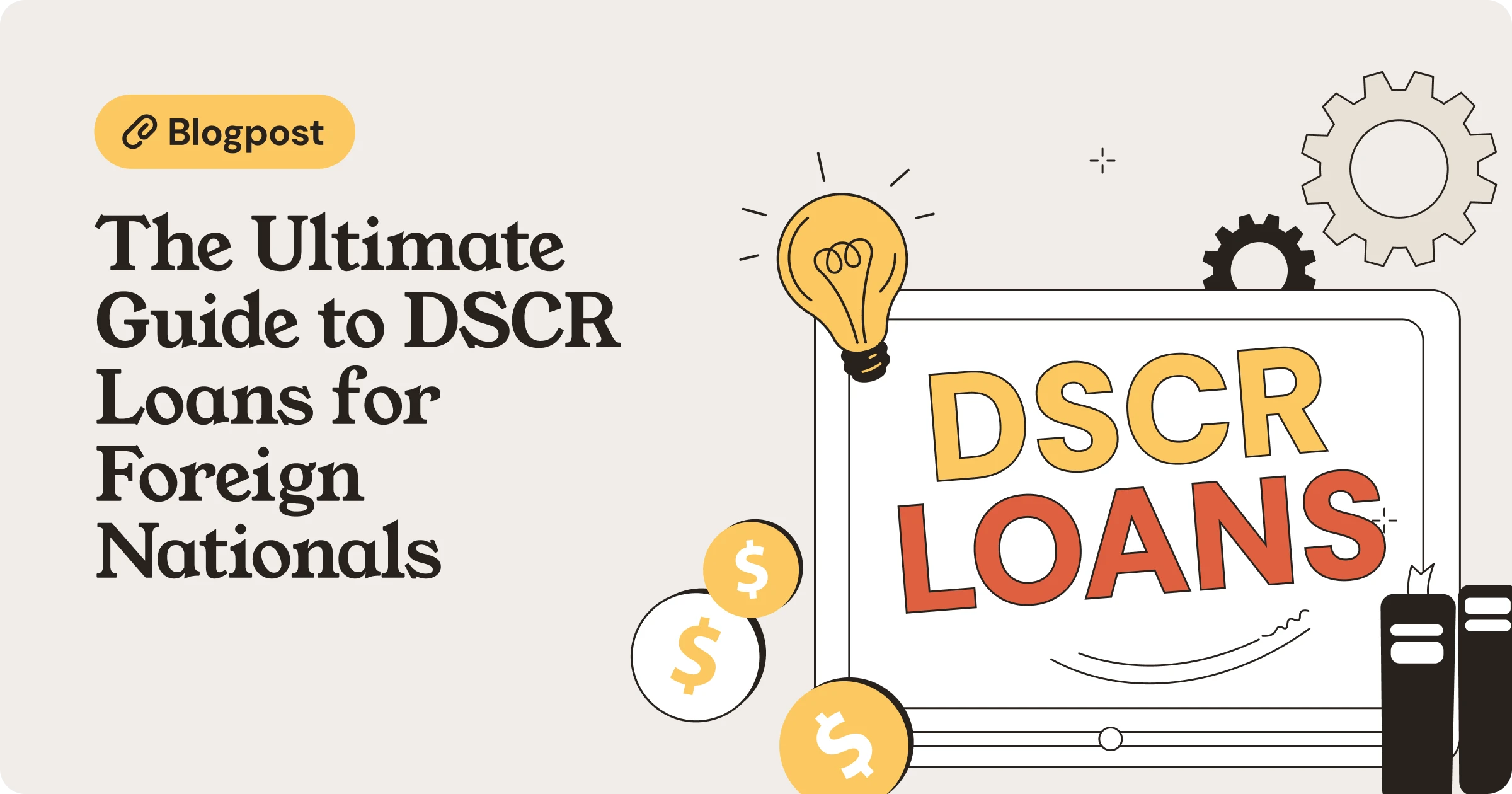🎉 Waltz reaches $50M💰 in funding to support LATAM growth 🎉 Read the full story here
What does it mean to be “qualified” for a mortgage?
It depends who you ask, so just keep asking until you get the answer you want! The mortgage industry in the United States is massive because the government incentivizes homeownership and those who provide housing like real estate investors. Consequently, there are different mortgage options that are better suited for some groups than others. Someone who wants to buy a home to live in with their family has different needs and goals than an apartment complex developer. It wouldn’t make sense for them to get the same mortgage product.
Luckily, there’s something for everyone. The mortgage industry is broken down into two buckets called qualified mortgages (QM) and non-qualified mortgages (non-QM).
Qualified mortgages as a category are designed to cater to homeowners, permanent residents, and U.S. citizens who have very straightforward financial situations and plan to reside in the property. To qualify, a lender’s underwriters typically require U.S. credit scores, strict W-2 income documentation, and a debt-to-income (DTI) ratio that indicates that you can pay your debts (like a mortgage) with your income. When a lender approves and originates a QM loan, they are bought by government-sponsored entities like Freddie Mac and Fannie Mae. Fannie Mae and Freddie Mac buy home loans from banks. Then, they either keep those loans or bundle them together and sell them as investments. When banks get money from selling those loans, they can use it to give out more home loans. The strict underwriting parameters to qualify for QM loans make them a safe asset to hold in their eyes.
For those that don’t fit the cookie-cutter mold demanded by QM loans, non-QM loans offer alternative options for self-employed people, real estate investors, foreign nationals, and others with unconventional income. Don’t let the name fool you, non-QM loans are for qualified borrowers– they just have different qualification criteria. Many high net worth individuals in America and around use non-QM loans to buy real estate.
Non-QM loans are increasing in popularity among real estate investors, accounting for one in 20 loans processed. These loans are being purchased by multi-trillion dollar institutions such as Blackrock, Blackstone, Apollo and large insurance companies like MetLife showing confidence in the asset class and the viability of non-QM loans as an investment vehicle. With multiple loan options available, investors can approach each deal from the angle that best fits their strategy. And we all know, these big Wall Street boys aren’t stupid!
Let’s dig into the main ways that non-QM loans are opening new doors for foreign real estate investors and others looking for creative financing solutions.
Imagine that you live outside of the United States. What’s the likelihood that you have U.S. credit or pay stubs? Slim to none!

For many international investors, the paperwork required for a traditional mortgage can be a major barrier. Collecting all the documents and meeting U.S. lender requirements often feels like jumping through endless hoops, and even then, approval isn’t guaranteed.
Another common hurdle for real estate investors is the debt-to-income ratio, which can limit your ability to expand a real estate portfolio. DTI is a measure of how much money you owe each month compared to how much you earn. Lenders use it to decide if you can handle taking on more debt. As your portfolio grows using mortgages as leverage, it becomes harder to qualify using DTI in the traditional sense.
That’s where non-QM loans come in and flip the script. One popular type of non-QM loan is a DSCR (debt-service-coverage-ratio) loan for rental properties. Rather than relying on your debt-to-income ratio, it evaluates the property’s ability to cash flow. If it meets a certain threshold, lenders can qualify borrowers based on the property’s income potential rather than personal finances.
In addition, the documentation component becomes significantly more straightforward. Since these loans are given to LLCs, a U.S. business entity handles the application, eliminating the need for U.S.-based income or credit documentation for foreigners to qualify.
Non-QM loans is a category, not a single loan product.There are different loan solutions available depending on the problem you’re trying to solve. What these loans have in common is creativity. They’re designed to provide flexible solutions for challenges that traditional financing often can’t address. Some examples of how different non-QM loans solve specific investor needs include:
Speed is everything when it comes to real estate investing. Compared to traditional loan approval, financing can typically be approved faster due to a more streamlined underwriting process. This faster approval gives investors a competitive edge. It allows them to close deals quickly, act immediately on new opportunities, and reduce the risk of losing properties to other buyers. With streamlined financing, investors can move on multiple deals at once and grow their portfolios more systematically.
At Waltz, we often work with investors who renovate a property and are looking to refinance into a DSCR loan. These investors typically start with a hard money loan to rehab a property that wouldn’t qualify for traditional financing. Hard money loans are a type of non-QM financing that offer speed and flexibility. The trade-off is that they’re usually short-term and come with higher interest rates.
Once renovations are complete, investors who plan to hold the property as a rental can refinance. This allows them to pay off the hard money lender, secure longer-term financing based on the property’s cash flow, and in some cases can even pull out cash at closing.
Needless to say, having access to faster financing opens the door to more opportunities and the ability to act decisively in fast-moving markets.
Foreigners almost never fit the neat box that U.S. lenders want to check off to qualify you for a loan. Instead of letting that stop you, work with a lender who understands foreign investors and get creative!
Explore non-QM loan options that give you the flexibility to qualify based on more than your citizenship status and U.S. footprint. These loans are designed for international buyers, self-employed investors, and anyone with unconventional income sources. With customizable terms and a variety of structures, non-QM financing lets you access properties and opportunities traditional lenders might overlook or refuse to fund altogether.

At Waltz, we meet you where you are and speak foreign national fluently. We make U.S. real estate financing accessible, transparent, and tailored to your investment goals.
See for yourself: get started today!

Fill out a quick form and we'll get back to you shortly.